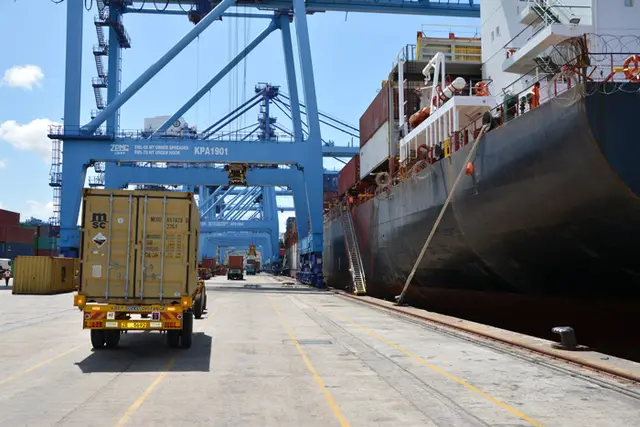To achieve intra-African trade, Africa will need governments to adopt strong policies that do not tolerate unnecessary trade barriers, said delegates at the just concluded Global African Investment Summit (TGIAS) in the Rwanda, Capital Kigali.
Rwanda hosts the investment forum from September 5 to 6, which was aimed at delivering international trade and investment to Africa's most dynamic region.
"In order to maximize the opportunities offered by free trade areas in Africa and generate a sustainable Continental Free Trade Area, it is necessary to deal with the barriers to trade," said Lord Dolar Popat, British Prime Minister's Trade Envoy to Uganda and Rwanda.
Speaking at a session panel themed: "Developing trade and investment corridors in the Tripartite Free Trade Area (TFTA) region," the British envoy added that a wide range of non-tariff and regulatory barriers still raise transaction costs and limit the movement of goods, services, people and capital across borders throughout Africa.
According to Gabriel Negatu, Regional Director of Eastern Africa at African Development Bank, the African market remains highly fragmented and there was less commitment by African leaders and policy makers to enhance intra-Africa trade on the continent.
"With promotion of intra-African trade, it will boost and ease doing business within African countries which later will reduce the trade deficit among African nations. East African Community is one of the most integrated blocs in the region, although we need more robust infrastructures to boost the integration process," he said.
Negatu highlighted that the Continental Free Trade Area in Africa would lead to intra-African trade rising to 22 percent of total African trade and which would add approximately 1 trillion U. S. dollars to the global economy.
However, Lansana Kouyate, Former Executive Secretary of Economic Community of West African States (ECOWAS) said that infrastructure across the continent is poor, discouraging the movement of goods and people.
"Customs clearance is an issue, created by burdensome administrative procedures for clearing goods for import and export. African financial institutions find themselves unable to support intra-regional trade due to weak capital base, limited knowledge and limited correspondent banking relationships," he added.
The Africa investment prospects spanning across four sectors: natural resources, energy, ICT, Agriculture, tourism and infrastructure were presented to a diverse audience of global businesses interested in long-term investment in Africa, according to event organizers.
The summit organized by the Common Market for Eastern and Southern Africa (COMESA) and the government of Rwanda attracted about 1,000 delegates including some African heads of state and government, ministers and private sector businesses leaders.
The two-day meeting was held under the theme: "Transforming African Economies for Global Competitiveness," covering infrastructure, power, agribusiness, fast-moving consumer goods (FMCG), tourism and natural resources sectors.
According to the World Bank, intra-African trade costs are estimated to be approximately 50 percent higher than in East Asia due to the number of permits required when transporting goods across certain borders, or the fees payable for prolonged waiting periods at the border.
(APD)
 简体中文
简体中文

